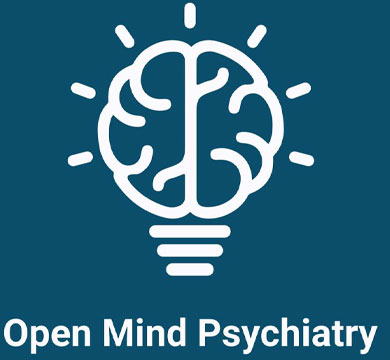
Depression Services
Depression Q&A
What is depression?
Depression (major depressive disorder) can affect anyone at any age, causing intense misery and despair and distorting your view of the world so everything seems negative. Unlike an occasional bout of the blues that everyone has now and again, depression is relentless, spoiling every positive and pleasant aspect of life for months and sometimes years.
Depression causes such distress and hopelessness that people find everyday life increasingly difficult and may use alcohol or drugs to numb their sorrow. It’s common to feel guilty because you can’t shake your depression, but you mustn’t blame yourself — it’s a severe, life-threatening condition you can’t fix alone.
Why do some people develop depression?
The reasons why some people suffer from depression aren’t entirely clear. Genetics plays a role because you’re more likely to have mental health problems if other family members have them. Excessive or long-term stress can also increase your risk of depression.
Depression often develops after a significant life event, such as:
- Losing a loved one
- Trauma
- Relocation
- Job loss
- Severe illness
- Abuse
- Relationship breakdown
- Childbirth
Postpartum depression is a common problem for new moms, affecting an estimated one in every 10 — it’s hard to be sure because so many moms struggle with postpartum depression, reluctant to admit they feel so down.
They feel guilty because welcoming a new baby is one of life’s greatest joys, but there’s no need to blame yourself for this unpreventable condition. In addition to the exhaustion following pregnancy and labor, your hormone levels are considerably imbalanced, making you vulnerable to depression.
Most people affected by depression and other mood disorders have low levels of brain chemicals called neurotransmitters, which are very similar to hormones. These chemicals, which include dopamine and serotonin, enable your brain’s nerve cells (neurons) to communicate, promoting healthy activity in the brain’s mood center.
How do I recover from depression?
No matter how low you get, you can recover with the Open Mind Psychiatry team’s help.
Psychotherapy techniques help you identify and deal with underlying issues affecting your mental health and learn how to cope with daily challenges. Antidepressant medication increases neurotransmitter production.
